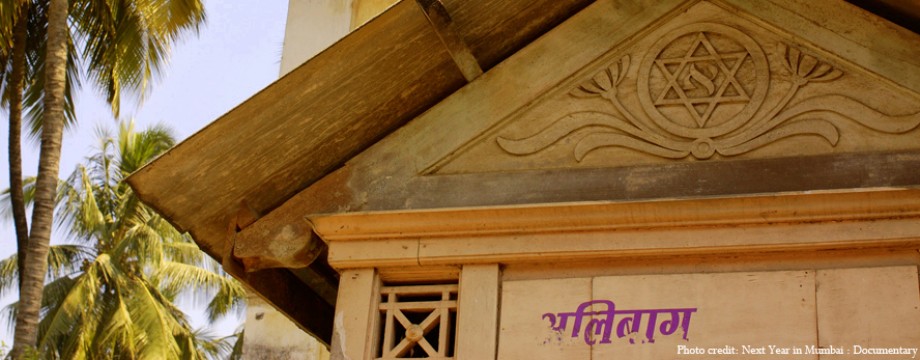
Michael Rakowitz was hunting for Kubba, an Iraqi food booth in London’s Borough Market. The weather was fickle: between spells of drizzling rain, a cool-mist clung to hair. Rakowitz had flown in from Chicago on red-eye, where he operates a nine-person studio that produces sculpture that is routinely exhibited on the international art circuit. He was dressed in a dark cloak and a striped kaffiyeh that brushed up against his wavy, unruly hair. He had never been to the stall before because it had just opened. His phone did not assist. He looked up from a chart, puzzled, and replied, “It should be here.”
Chef Philip Juma, the owner of Kubba, is a friend and partner of Rakowitz. Last year, they hosted an Iraqi dinner at London’s Whitechapel Gallery to commemorate the publication of a cookbook authored by Rakowitz. The book was linked to his most conspicuous public installation, a giant sculpture in Trafalgar Square that was inspired by an Iraqi monument created in ancient Nineveh—a gypsum carving of a winged protecting spirit known as a lamassu that was destroyed by ISIS in 2015. Rakowitz had “resurrected” the lamassu using detritus of exile: five different brands of Iraqi date syrup in cans. The cookbook contained meals from Juma and chefs like Yotam Ottolenghi, as well as Rakowitz’s mother, who was born to Baghdadi Jewish parents in India, to emphasize that the effort was as much about the present as it was about the past. “A house with a date palm will never starve,” according to a Mesopotamian adage.
Source: https://www.newyorker.com/magazine/2020/08/24/michael-rakowitzs-art-of-return
